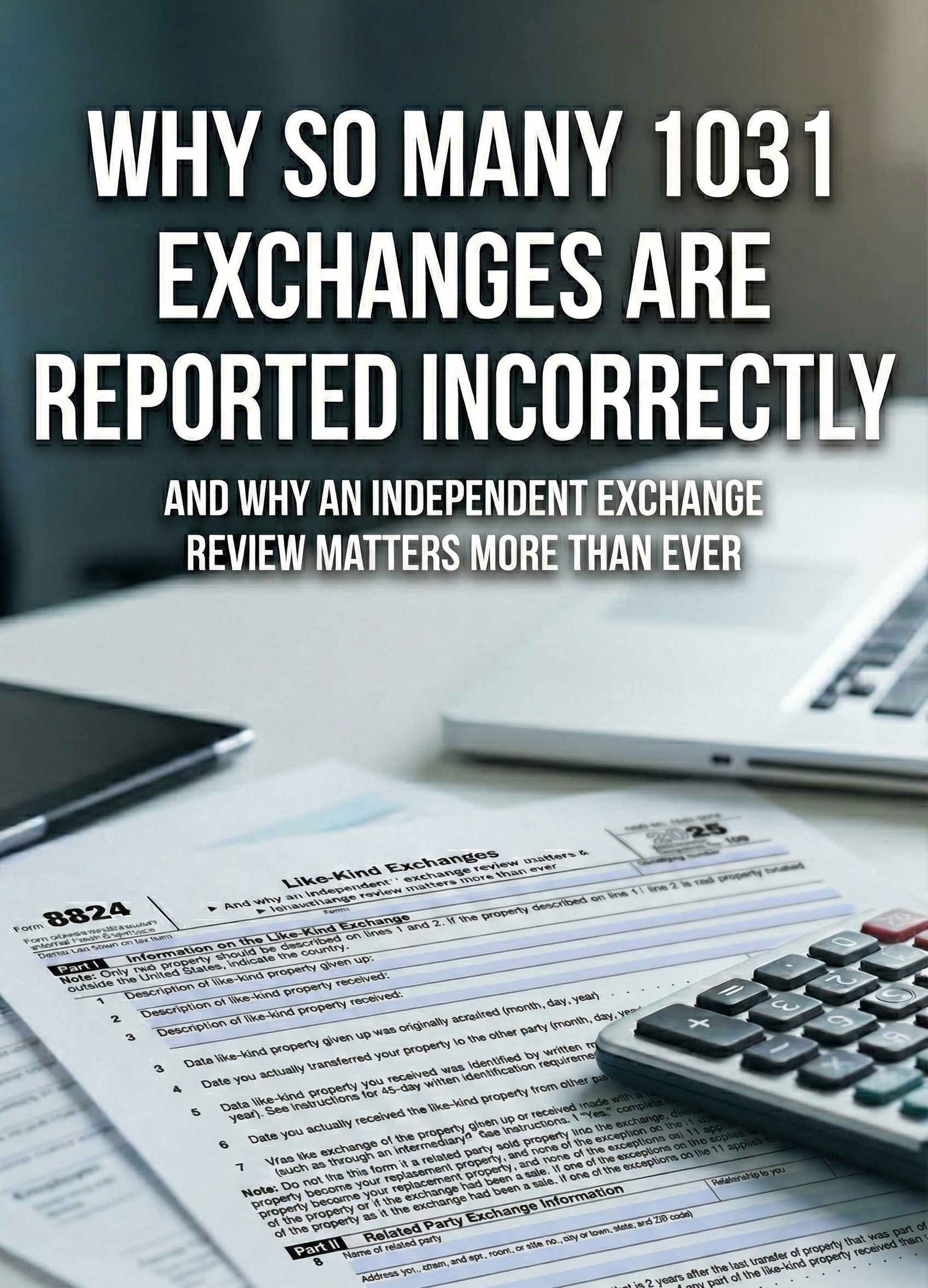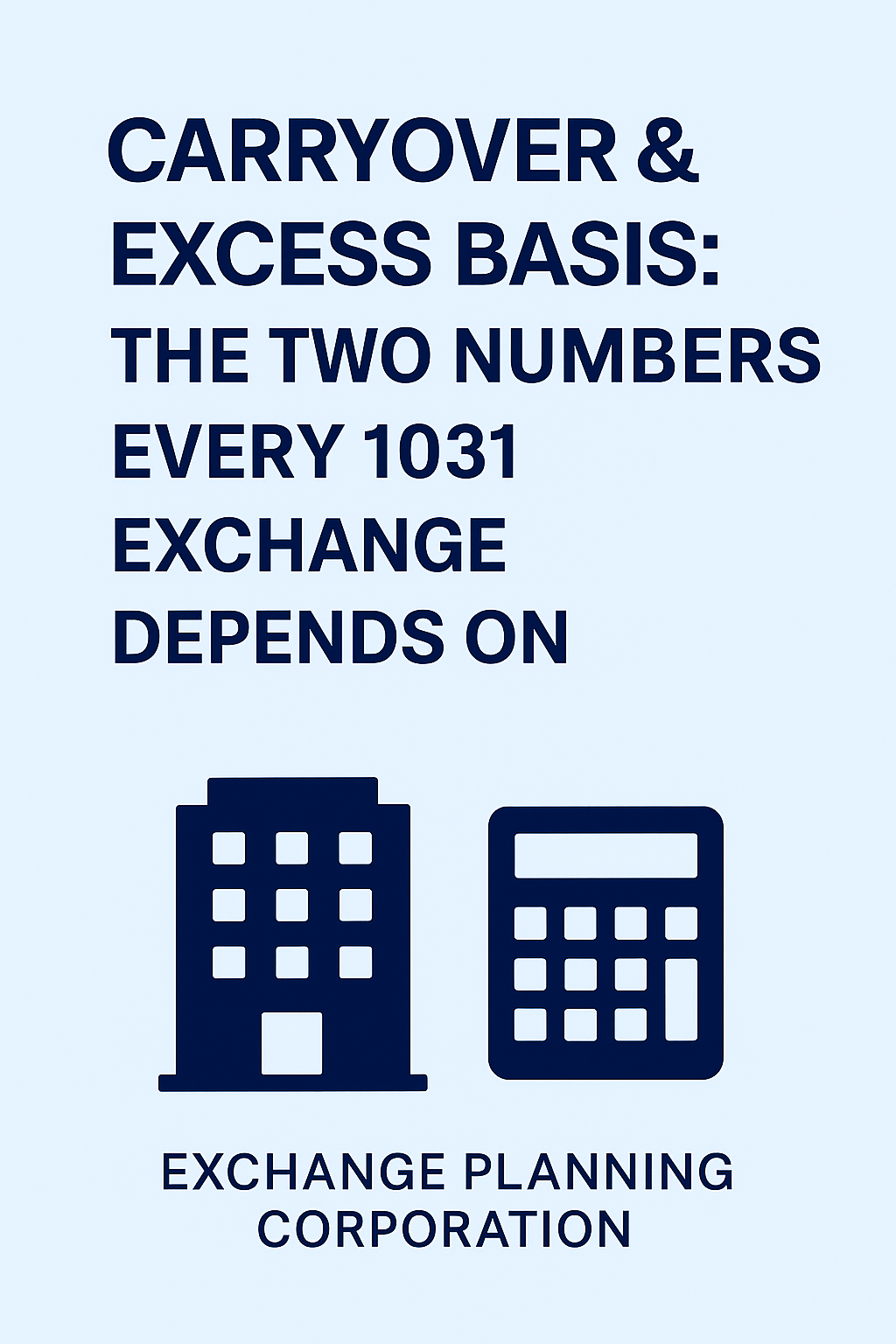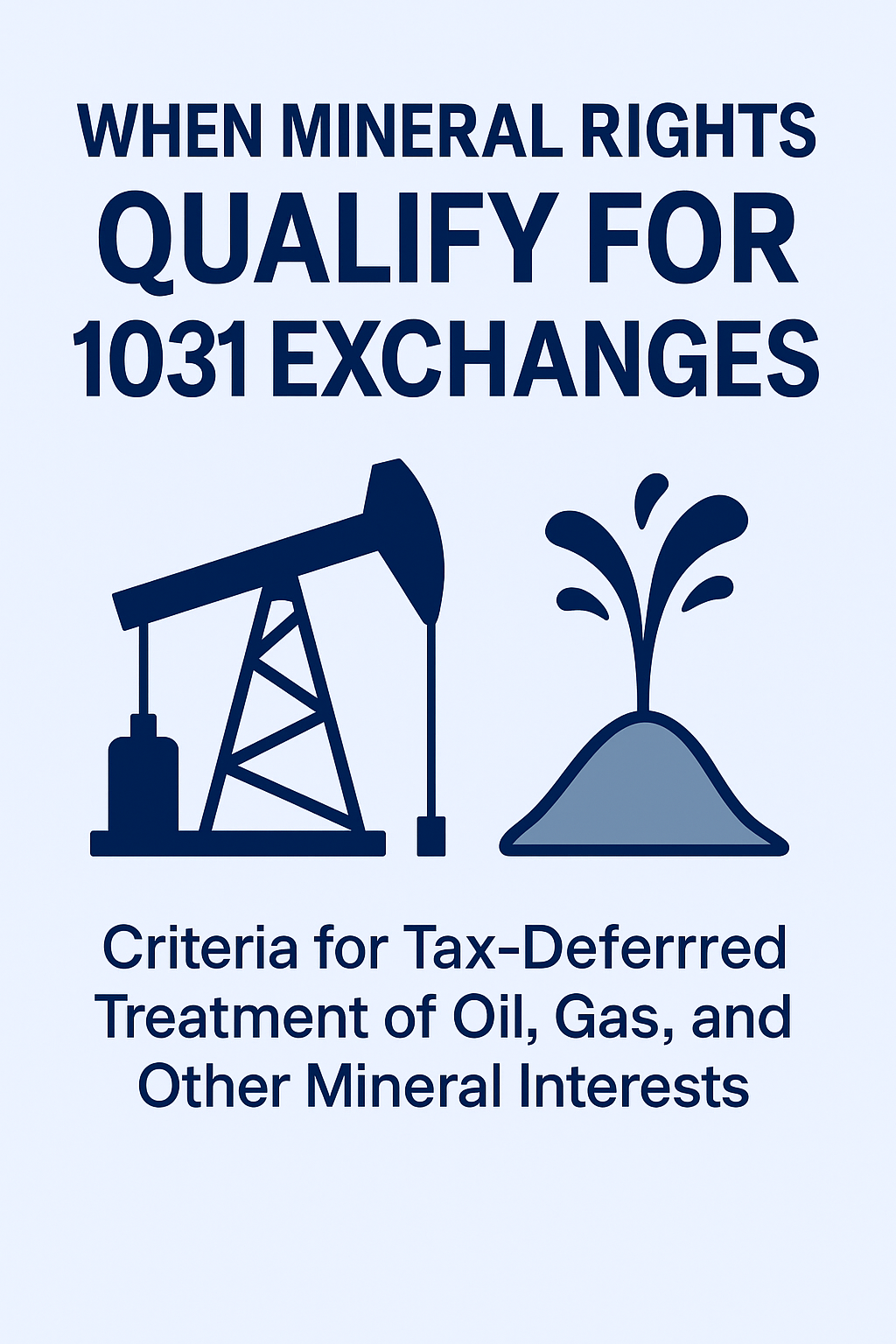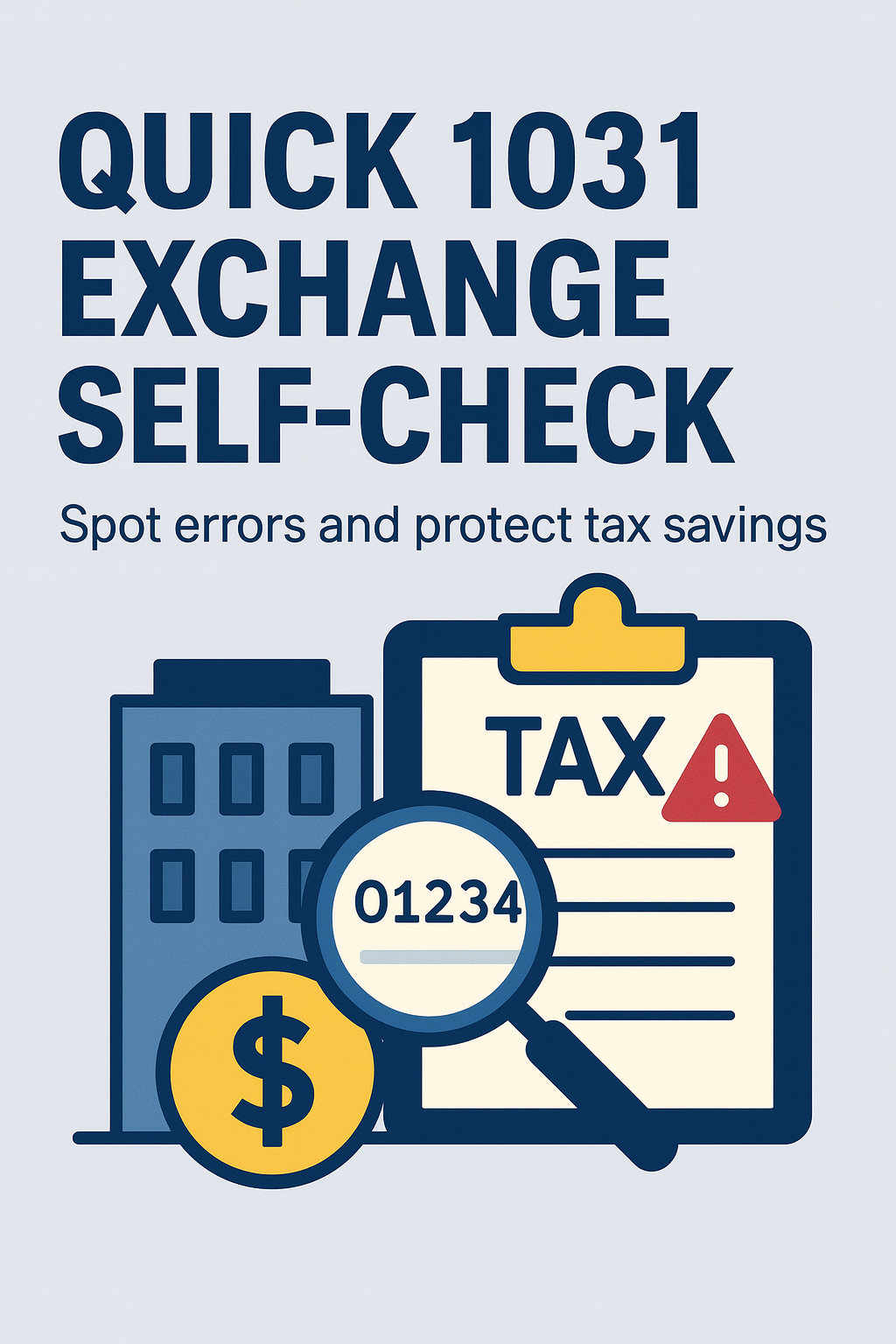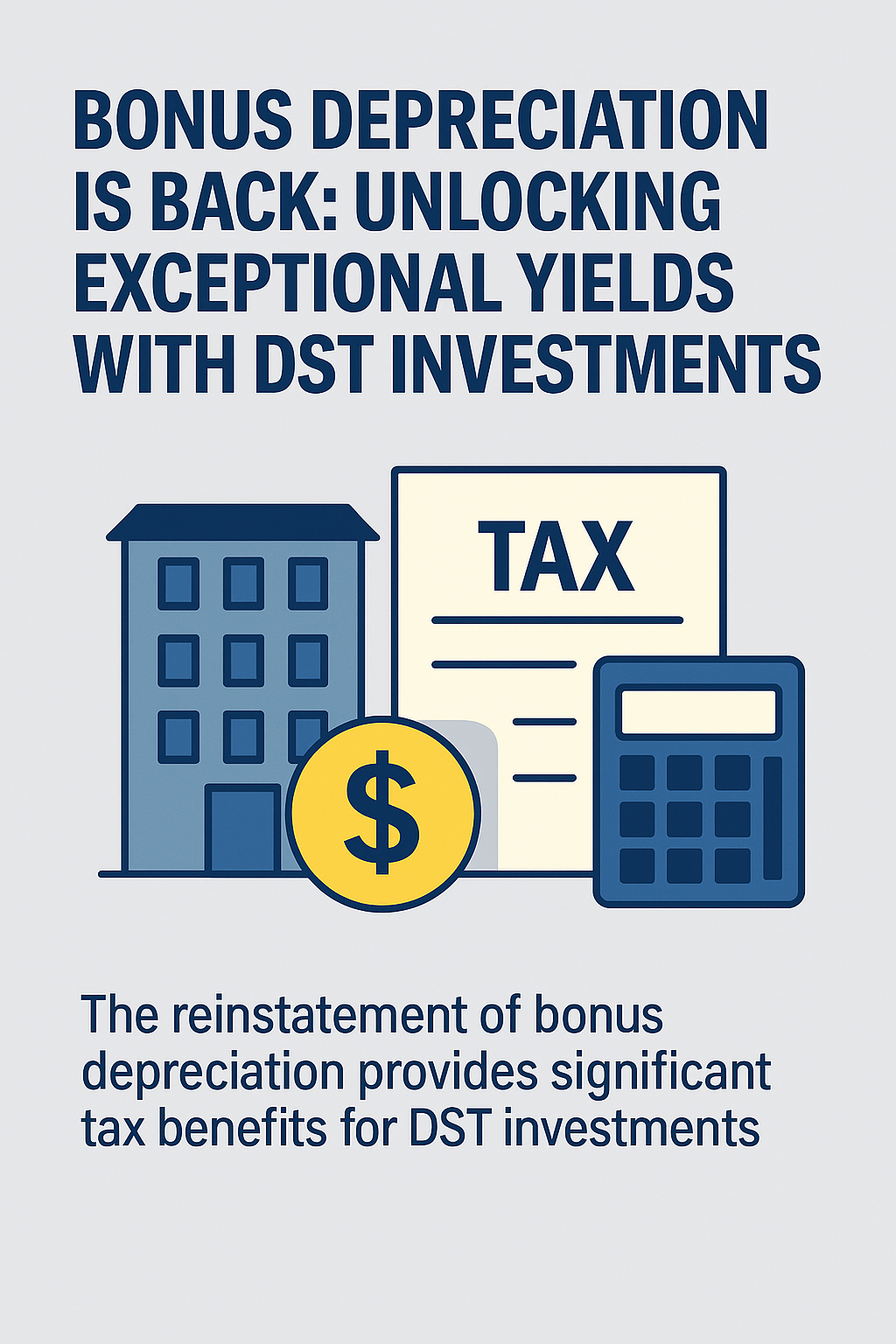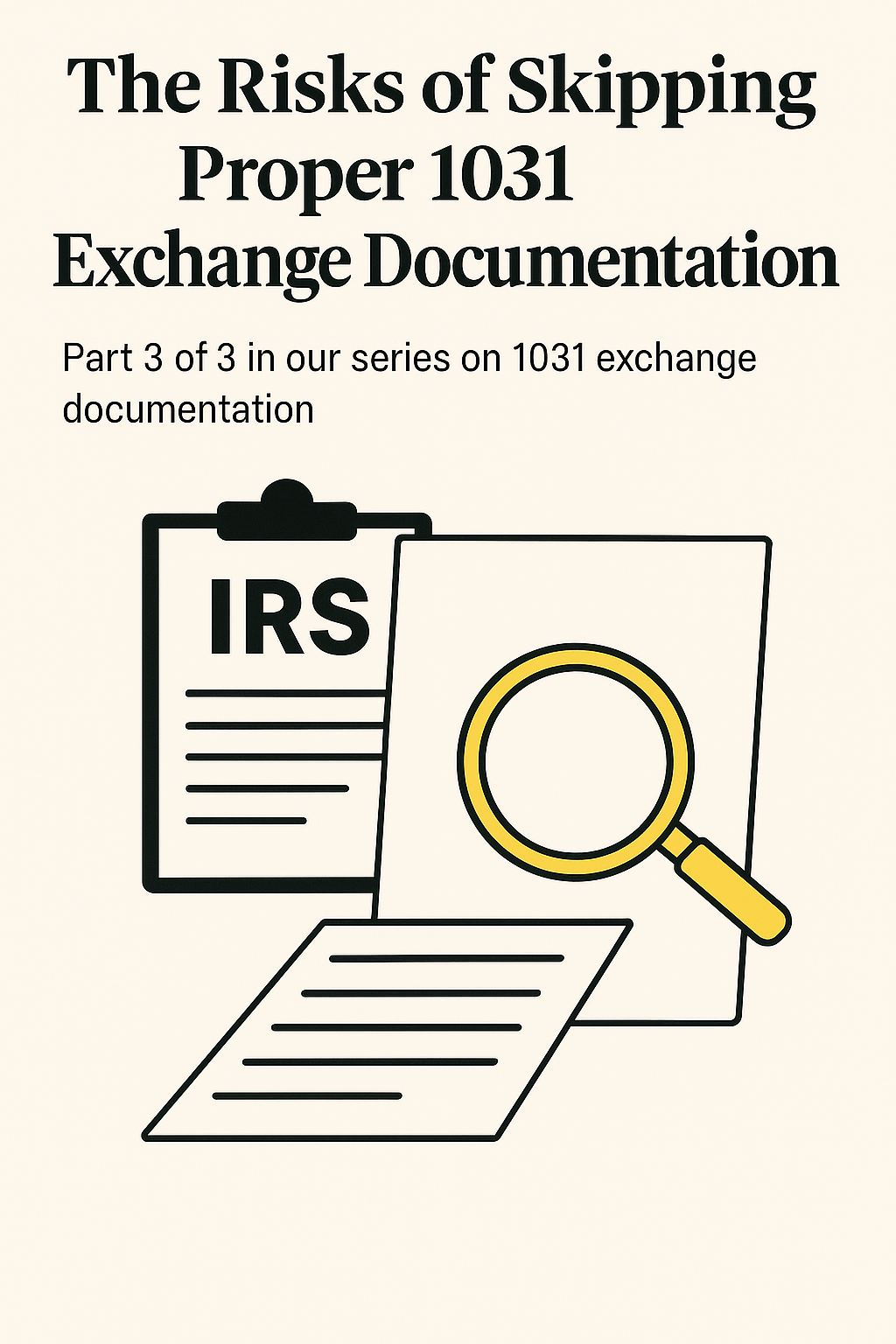Oil, gas, and other mineral rights can qualify for tax-deferred treatment under an IRS §1031 like-kind exchange – but only when those rights are considered real property interests. The IRS and courts have long held that many mineral interests (such as oil and gas leases, perpetual mineral rights, and royalty interests) count as real property for tax purposes and thus are eligible for 1031 exchanges. However, not all mineral-related interests qualify. Key legal distinctions – like real vs. personal property and leasehold vs. fee interests – determine eligibility. For example, an interest that lasts as long as the minerals in the ground (or indefinitely) is treated as real property and like-kind to other real estate, whereas a right to extract a fixed amount of minerals or one that ends after a short term is not like-kind to a fee interest in land. In this article, we’ll break down IRS rulings, court cases, and regulations that outline when mineral rights do or don’t qualify for 1031 deferral. We’ll also provide examples of qualifying vs. non-qualifying mineral interests and practical guidance for real estate and energy investors considering a 1031 exchange.
Read article

